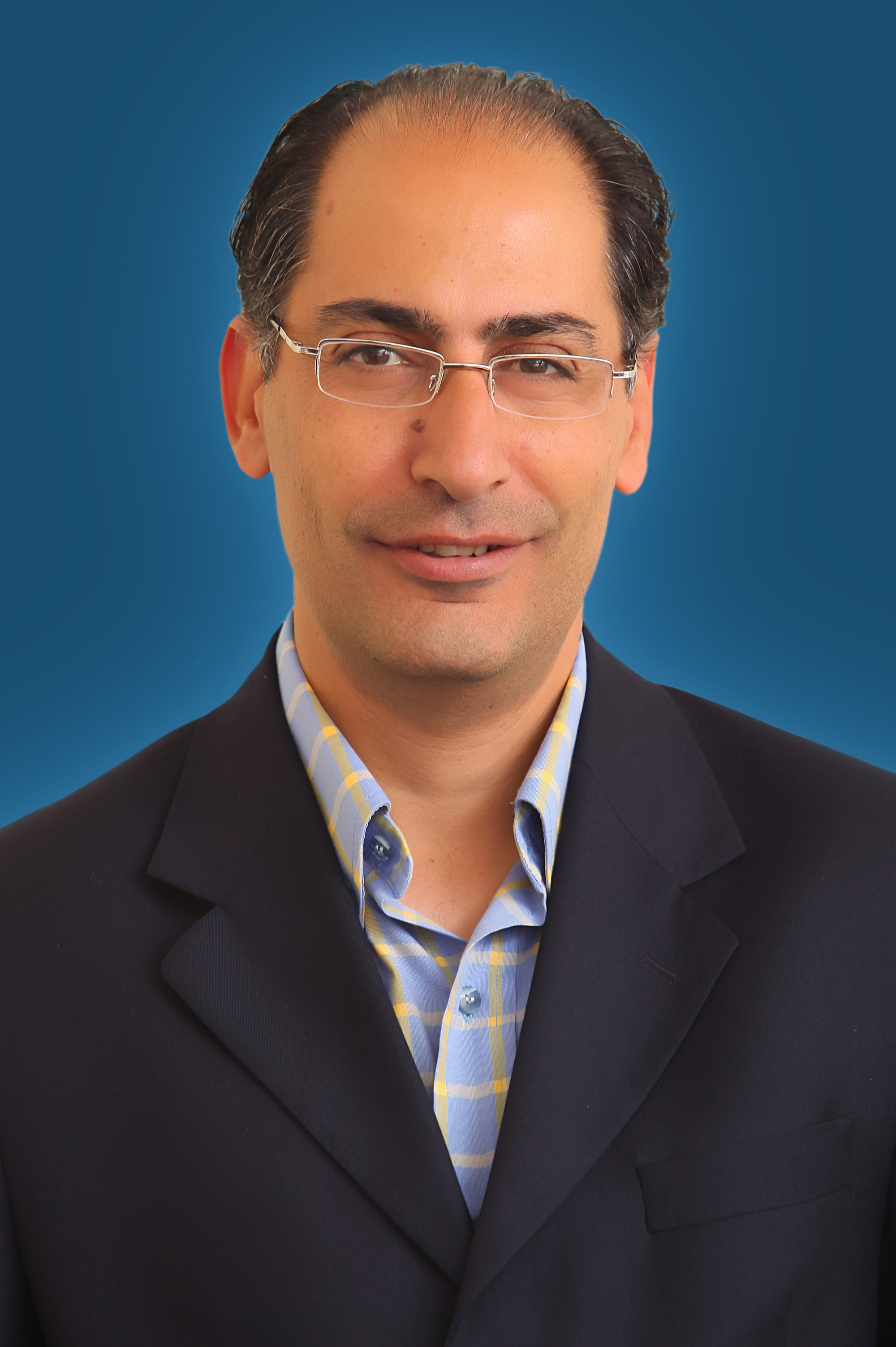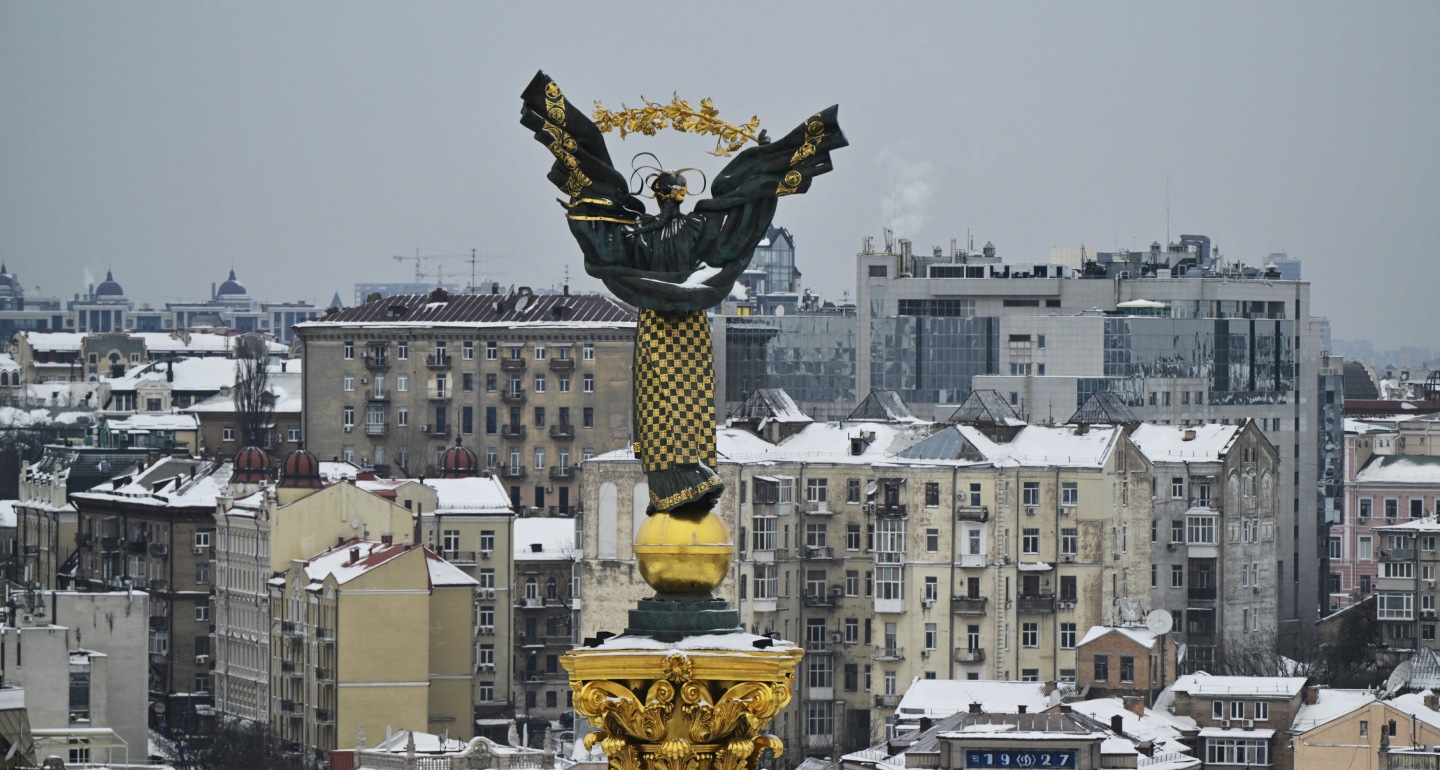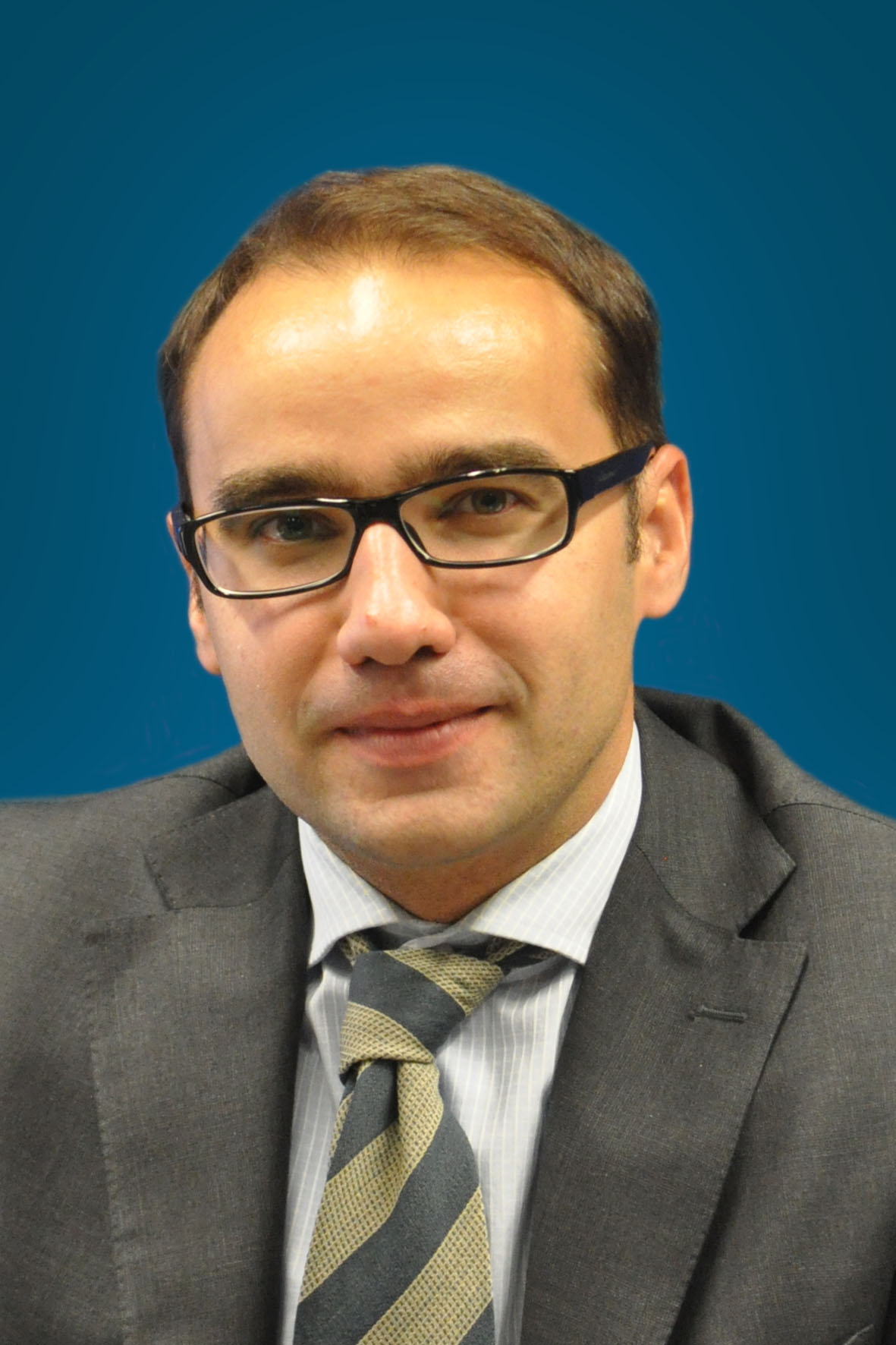Ibrahim Saif, Ahmed Ghoneim
{
"authors": [
"Ibrahim Saif"
],
"type": "legacyinthemedia",
"centerAffiliationAll": "",
"centers": [
"Carnegie Endowment for International Peace",
"Malcolm H. Kerr Carnegie Middle East Center"
],
"collections": [],
"englishNewsletterAll": "",
"nonEnglishNewsletterAll": "",
"primaryCenter": "Malcolm H. Kerr Carnegie Middle East Center",
"programAffiliation": "",
"programs": [],
"projects": [],
"regions": [
"Levant"
],
"topics": [
"Political Reform"
]
}
Source: Getty
Jordan: Changes Ahead?
Ongoing protests in Jordan are marked by calls for reforming, rather than replacing, the existing regime and a significant amount of common ground among established opposition groups.
Source: Voice of Russia

IBRAHIM SAIF: Yes, that is true, and even before that. The move in Jordan actually started a little bit earlier than that with asking to improve working conditions and demanding higher wages. It is then when this process has started, and then it escalated and some demands grew into more politically oriented demonstrations as we have been witnessing since January now.
KUDASHKINA EKATERINA: It is a very interesting trend, because in the neighboring Syria it all started from political demands which then were transformed into economic demands.
IBRAHIM SAIF: That was a combination, because also there were protests demanding for the union, on the surface of it there was demand driven for economic and financial reasons, but at the heart of it it also could be political that they need more representation, they need to take part in the decision-making process, so it depends on how you look at that, but that is at least the dynamics in the case of Jordan.
KUDASHKINA EKATERINA: Coming back to the reshuffling in the government of Jordan – do I get it right that the previous Prime-Minister, shall we say, somehow frustrated the King with the slow pace of reform? Is my understanding correct that the King has been pressing on with the reform process?
IBRAHIM SAIF: Actually this is true. This is one of the features that characterizes Prime-Minister Marouf al-Bakhit, I mean that he was slow to response and he didn’t know how to open a dialogue with the other political and opposition parties in the country. He almost closed the door with the Islamists, with the other opposition parties, and he was not really serious about opening a serious dialogue in that regard. It was the King’s initiative all the time that was going around, and he and his cabinet were somehow perceived as incompetent and very slow and uncertain of in which direction they want to go. They were very close to run the municipality elections where there were also some difficulties as a result of the laws that were passed through the parliament; in two weeks’ time we had around 200 new municipalities, they were created in order to accommodate the skeptical view of the streets. So it wasn’t clear if this Prime-Minister is capable to hold fair elections given the fact that in 2007 we witnessed the worst form of parliamentarian and, on top of that, municipality elections when he was in the office.
KUDASHKINA EKATERINA:You also said that this Prime-Minister was inefficient in establishing dialogue with the opposition, but what kind of opposition is there in Jordan?
IBRAHIM SAIF: Actually it is a mix, you have on the one hand Islamists, and you also have all kind of political parties that are either nationalistic or pan-Arab, that were coming under one umbrella in Jordan called Jordan’s Front for Reform led by the ex-Prime-Minister who was providing the umbrella to all these small political parties in the big cities and in the rural areas. They came all together and they really became one of the forces that was able to move the streets and also to have a unified view as to what needs to be done in terms of fighting corruption, in terms of rule of law and in terms of proposed election law and other major reforms that were suggested.
KUDASHKINA EKATERINA: That is very interesting and quite amazing too, because it is absolutely unlike all other countries in which the opposition was active, because as far as we know in Syria, in Libya the opposition is disunited. So the case of Jordan might be unique in this sense.
IBRAHIM SAIF: There is also another feature for Jordan – nobody so far is calling for the change, or the tolling of the regime, or for toppling of the King. The demand is to reform the regime and not to change the regime, and that is also another point that needs to be kept in mind. There might be some differences within the opposition, however when it comes to fighting corruption, the rule of law and the opposition to economic policies that were adopted in the last two decades, there is unanimity and there is kind of consensus on the kind of polices that need to be pursued in this regard. That is a plus that could be added to the Jordanian opposition that has been out on the streets for some time now.
KUDASHKINA EKATERINA: Do I get it right that the new Prime-Minister is supposed to form his cabinet in several days’ time?
IBRAHIM SAIF: Early next week he should announce the new cabinet.
KUDASHKINA EKATERINA: Does the expert community in Jordan have any idea of what this cabinet might look like?
IBRAHIM SAIF: Actually it is not clear, normally, but the newly appointed Prime-Minister already announced that his hand is open for Islamists. He was quite direct in saying that we welcome Islamists to join our government and to take part in it, and this is quite a strong signal. Also he met another opposition party, he met also the leader of the opposition parties’ coalition, the front for reform and change in Jordan, he already is meeting the parliament. So at least so far what he is doing shows openness vis-à-vis all opposition parties. Also there is something important that coincided with the change of the Prime-Minister in Jordan: the King sacked the chief intelligence officer, director of the intelligence, which is an extremely significant body, an important body in Jordan. Normally he intervenes in all kinds of political aspects. So his sacking and appointing an old general to lead that and talking about reforming the intelligence is something new in Jordan as well, this comes with the appointment of the Prime-Minister, and we hope that it will be a new era, that there is a new approach vis-à-vis forming governments, and leading governments without intervention from the intelligence or other security apparatuses.
KUDASHKINA EKATERINA: Do I get it right that the reforms in the cabinet and namely in the intelligence are somehow connected with the development of better relations with Islamists and namely with Muslim Brotherhood in Jordan?
IBRAHIM SAIF: Yes. You know, because there is this growing fear that things can escalate and get out of hand, so this is what is happening now in the relations with the Islamists: they are trying to find common ground, even trying to get them on board in the government now, so that they can be part of the solution and not only a problem that is facing the government.
KUDASHKINA EKATERINA: This is very interesting too, because if we look at what is going on in Egypt and partly in Syria – but Syria is a different case anyway – we can still see that the Muslim Brotherhood is rising in its activity, I mean its political role is being expanded. Is my understanding correct?
IBRAHIM SAIF: In Syria it is entirely different, but in Egypt the Islamists are trying to play a role in this transformation, they are going to run for the elections. I think that the role they are playing in Egypt is not different from the one that actually could be assumed in Jordan. They are part of the political structure in the case of Jordan, historically they have been there. In the 80s they were part of the government, and members of the parliament from the political party, and at some point even they joined the government. So this is not something that they will do for the first time in the history of Jordan, so far even the signals that were coming from the Islamists in Jordan, when the newly appointed Prime-Minister said that his hand is open to the Islamists, actually they responded positively and said: we will seek our options and we will be open to the newly appointed Prime-Minister. So there are positive signals on both sides.
KUDASHKINA EKATERINA: Do you think perhaps that the Muslim Brotherhood and Islamists in general could paradoxically become a stabilizing force in the current turmoil across the Middle East?
IBRAHIM SAIF: Yes, of course. They have the presence on the streets, and they have the ones that are able to mobilize the streets, they have the needed infrastructure to do that. But also I think that they are quite skeptical to join any government in Jordan or elsewhere, because then people will start to expect solutions, because now it is easier to talk about the kind of solutions they can offer, but once they are running institutions, become ministers, then people will start to question the reforms and outcome, and that might take away some of their legitimacy, some of their popularity. This is quite tricky. This is mainly why sometimes they avoid joining governments, because if they join a government when there are economic difficulties and some really tough time, then it will be very difficult for them also to govern and deliver on that.
KUDASHKINA EKATERINA: But the situation in Lebanon is a little bit different: Hezbollah is quite active in the Lebanese government?
IBRAHIM SAIF: The Lebanese political map is quite different, and the state is weak, let us put it this way, so they have many non-state actors in Lebanon, while this is not the case in Jordan. In Jordan you have a very strong state, a very huge state apparatus, that is really in help for education and it is providing infrastructure and security. But that is actually an entirely different scenario in Lebanon.
About the Author

Former Senior Associate, Middle East Center
Saif is an economist specializing in the political economy of the Middle East. His research focuses on international trade and structural adjustment programs in developing countries, with emphasis on Jordan and the Middle East.
- The Private Sector in Postrevolution EgyptPaper
- The Economic Agenda of the Islamist PartiesPaper
Ibrahim Saif, Muhammad Abu Rumman
Recent Work
Carnegie does not take institutional positions on public policy issues; the views represented herein are those of the author(s) and do not necessarily reflect the views of Carnegie, its staff, or its trustees.
More Work from Carnegie Endowment for International Peace
- Axis of Resistance or Suicide?Commentary
As Iran defends its interests in the region and its regime’s survival, it may push Hezbollah into the abyss.
Michael Young
- The Kremlin Is Destroying Its Own System of Coerced VotingCommentary
The use of technology to mobilize Russians to vote—a system tied to the relative material well-being of the electorate, its high dependence on the state, and a far-reaching system of digital control—is breaking down.
Andrey Pertsev
- Notes From Kyiv: Is Ukraine Preparing for Elections?Commentary
As discussions about settlement and elections move from speculation to preparation, Kyiv will have to manage not only the battlefield, but also the terms of political transition. The thaw will not resolve underlying tensions; it will only expose them more clearly.
Balázs Jarábik
- Indian Americans in a Time of Turbulence: 2026 Survey ResultsPaper
A new Carnegie survey of Indian Americans examines shifting vote preferences, growing political ambivalence, and rising concerns about discrimination amid U.S. policy changes and geopolitical uncertainty.
- +1
Milan Vaishnav, Sumitra Badrinathan, Devesh Kapur, …
- Can Europe Still Matter in Syria?Commentary
Europe’s interests in Syria extend beyond migration management, yet the EU trails behind other players in the country’s post-Assad reconstruction. To boost its influence in Damascus, the union must upgrade its commitment to ensuring regional stability.
Bianka Speidl, Hanga Horváth-Sántha












